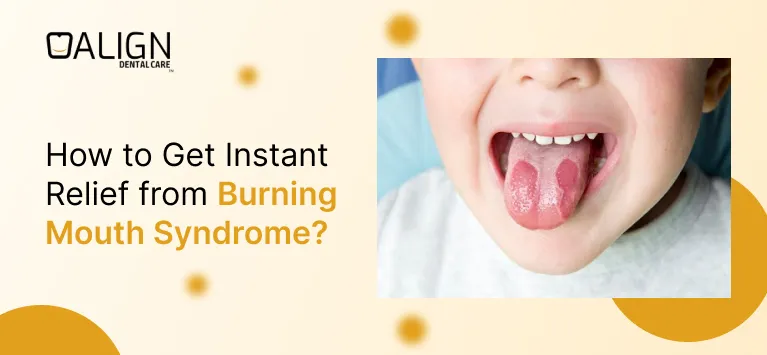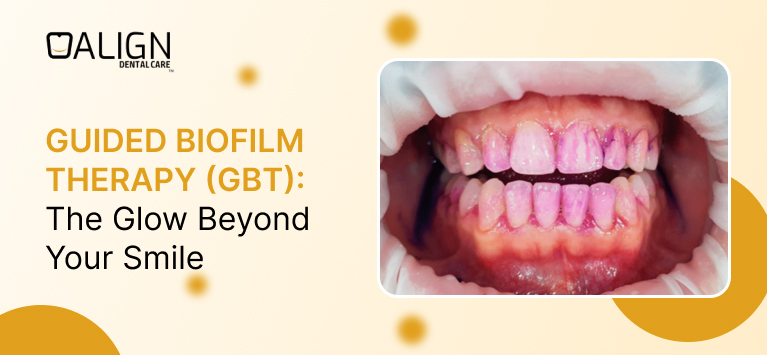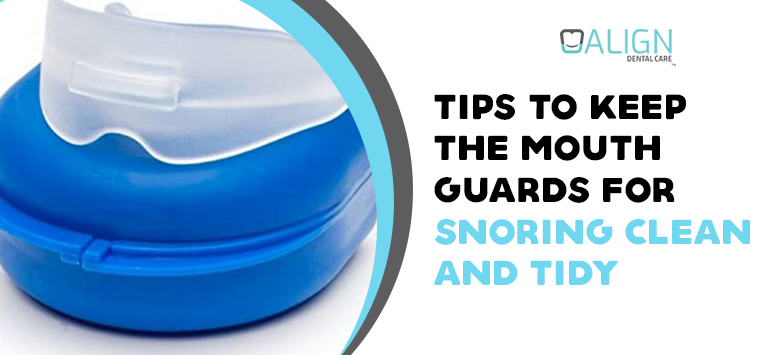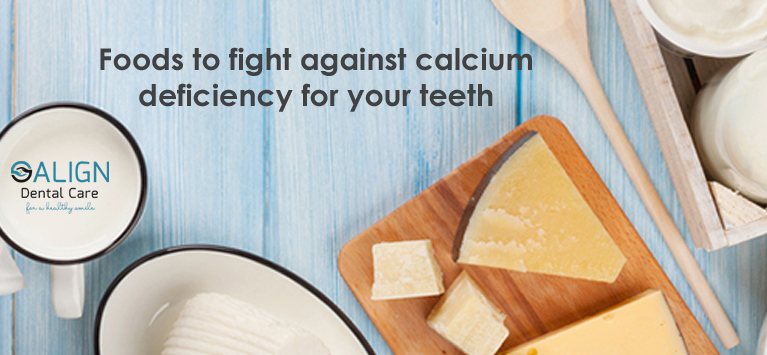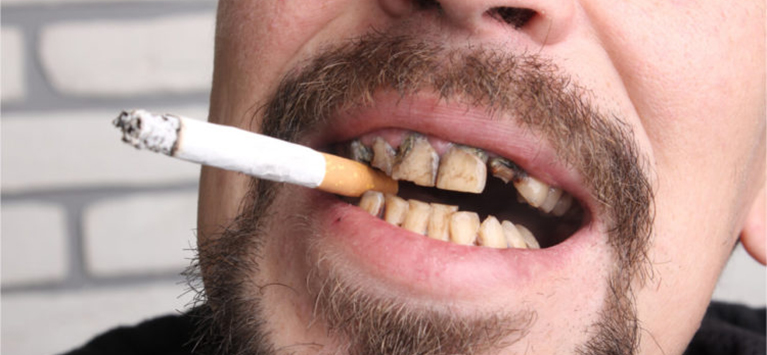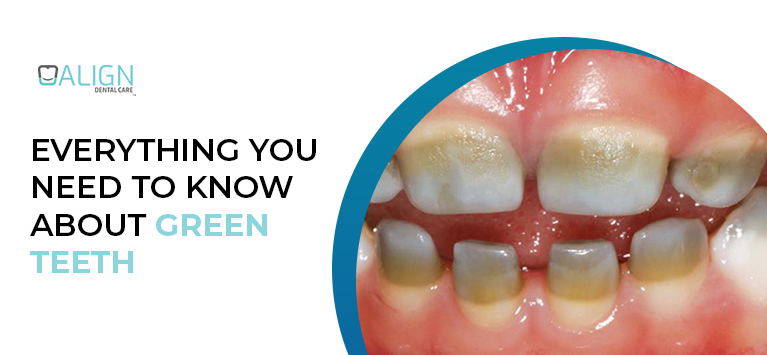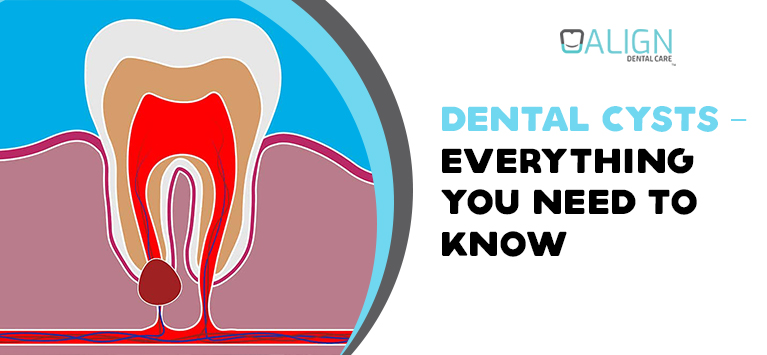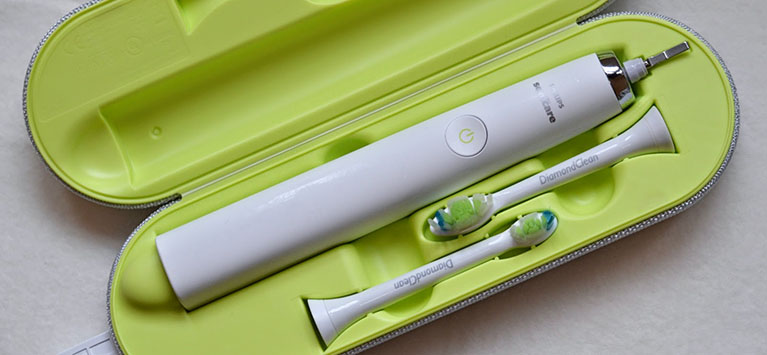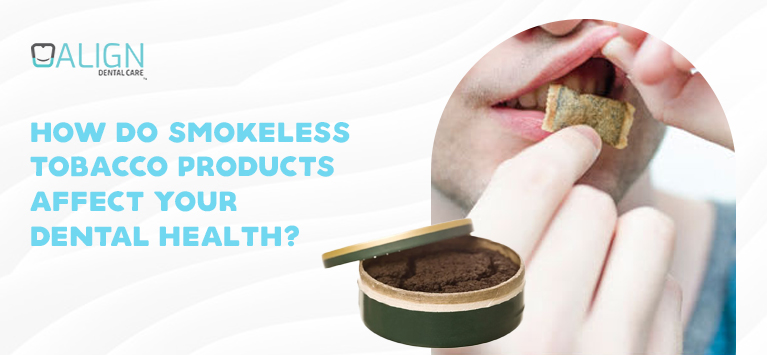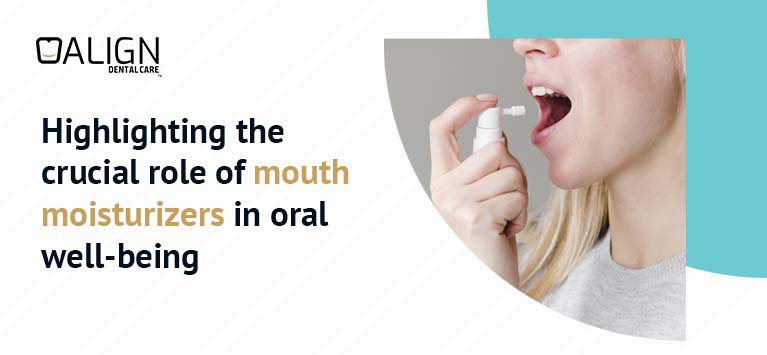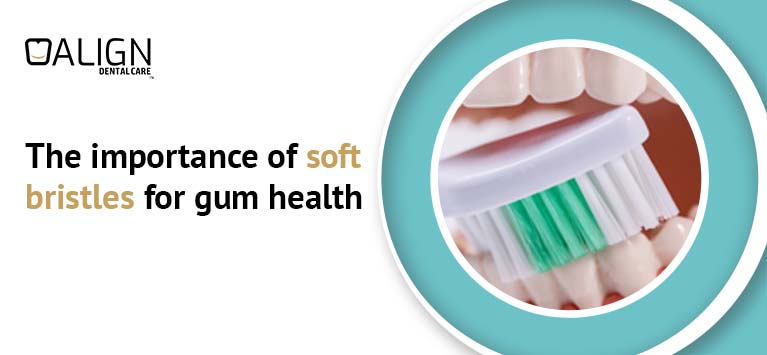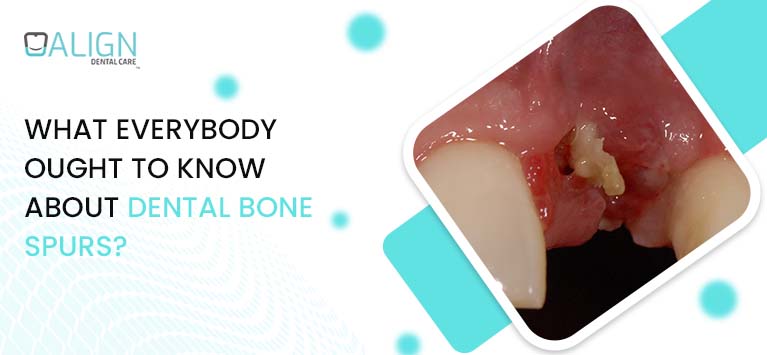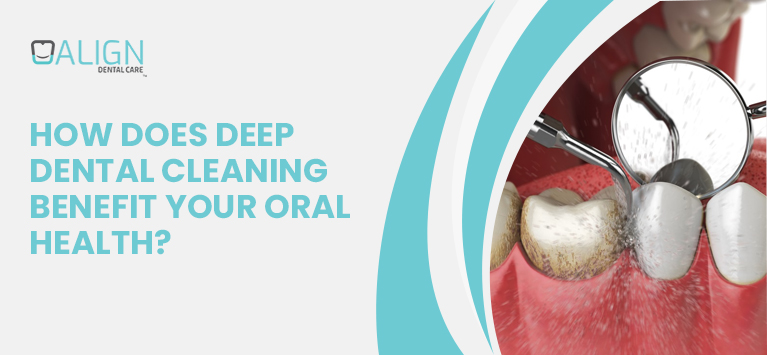
How does deep dental cleaning benefit your oral health?
Deep dental cleaning, also known as “Teeth Scaling” and “Root Planing” is more than routine dental cleaning. The routine dental cleanings aim at removing sticky & hard deposits on teeth surfaces above the gums. Deep cleanings tend to microbial accumulations beneath the gum line using ultrasonic instruments and other sophisticated tools. It encourages the gums to reattach with the teeth. Hence, you can cease the progression of gum infections.
If your dentist prescribes you need a deep dental cleaning procedure, it shows oral bacteria piled deeply between teeth and gums. Despite the root planing treatment seems complex, it is completed within 30 to 45 minutes. Depending on the depth of your infection, your dentist might recommend more than one deep teeth cleaning sitting.
Table of Contents
When do dentists prescribe deep cleanings?
If dentists notice any of the following problems during dental check-ups, they will go for teeth scaling because it is the appropriate solution to solve these oral concerns:
1) Gum pockets are more deep
Gum pockets, also known as periodontal pockets, imply deep spaces between teeth and gums. In healthy mouths, the depth of gum pockets ranges between 1 and 4 mm. If the deep is more than that size, it allows the oral microbes to trap and congregate, causing plaque build-up. It infects the gum tissues and eventually ends in periodontal diseases.
Deep cleanings take care of removing those accumulations so that the gum tissues are protected. It helps in reducing the depth of gum pockets.
2) Bone loss in the jaw
If a dentist diagnoses a small amount of bone loss inside the jaw, he/she will go for root planing treatments. It is because bone loss around a tooth indicates the progression of gum diseases initiated from the bacterial growth in your mouth. Such oral microbes go deeper below the gum line and reach areas that are hard to reach.
Hence deep cleaning is mandatory to disinfect the gums so that you can prevent bone loss and tooth loss.
3) Gum disease is moved to an advanced stage
Gum diseases involve 4 stages–Gingivitis, slight periodontal disease, moderate periodontal disease, and advanced periodontal disease. Oral bacteria invade the bone around a tooth in the stage of moderate periodontal disease. If you do not address the infection then, the infection moves to an advanced stage called “Periodontitis”.
It requires surgical procedures along with deep cleanings or laser therapy to remove contagions in the periodontal pockets.
What are the different types of deep dental cleaning procedures?
Deep cleaning is classified into 2 types as follows:
- Preventive deep cleaning – As the name suggests, it is performed to prevent when the bacteria migrate to the gum pockets. Hence you can prevent gum infections and their aftereffects like bone tissue loss, etc.
- Therapeutic deep cleaning–It is more invasive than preventive deep cleaning, but people with periodontal diseases should get it as a part of their gum disease treatment.
Is the deep cleaning procedure painful?
Similar to other dental procedures, root planing is also performed after numbing the area using anesthetics. So you will not feel any discomfort during the cleaning process. Meanwhile, some people encounter mild pain and it depends on the depth of gum pockets and severity of the root surface irregularities.
Bottom line
Deep teeth cleaning is widely recommended for gum disease patients because timely addressing the infections in gum pockets will prevent gum disease. The root planing therapy is more than addressing the infected gums because it helps in preventing tooth loss, improving cardiovascular health.
Similar to other invasive oral procedures, deep cleaning also causes some bearable discomforts after the therapy, but they will get better slowly. Abnormalities like tenderness or soreness in gums and bleeding, swelling puffy gums are the signs signaling your gums are infected and it is time to get deep teeth treatment.






